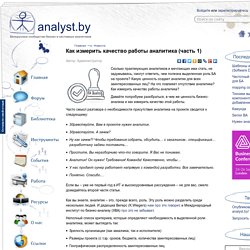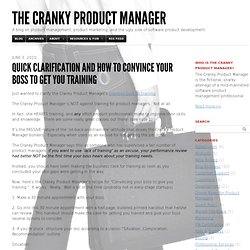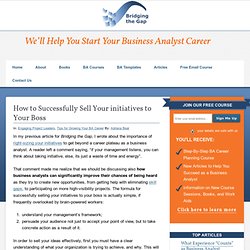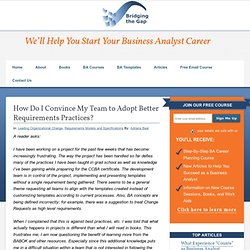

What Are Story Points? Как измерить качество работы аналитика (часть 2) В предыдущей части статьи мы описали, почему зачастую сложно определить пользу от бизнес-анализа.

Однако популярность этой профессии активно растет, что косвенно говорит о том, что польза, как правило, есть. В этой части поговорим о том, как можно измерить качество аналитических активностей. Сразу стоит отметить, что “качество активностей” – это не то качество, которое мы хотели бы измерить. В идеальном мире хотелось бы измерить качество результата работы аналитика. А результатом должна являться решенная проблема или реализованная возможность. Из всех определений термина “качество”, на мой взгляд, к бизнес-анализу лучше всего подходит следующее: сравнение ожиданий от услуги и производительности данной услуги. Качество бизнес-анализа в рамках определенного контекста (фаза проекта, проект, программа) будет определяться тем, насколько полно и качественно выполняются отдельные аналитические активности.
Качество аналитических активностей в общем процессеКачество аналитических артефактов Автор. Как измерить качество работы аналитика (часть 1) Сколько практикующих аналитиков и мечтающих ими стать, не задумываясь, смогут ответить, чем полезна выделенная роль БА на проекте?

Какую ценность создает аналитик для всех заинтересованных лиц? На что повлияет отсутствие аналитика? Как измерить качество работы аналитика? Давайте попробуем разобраться, в чем же ценность бизнес-анализа и как измерить качество этой работы. Часто смысл разговора о необходимости присутствия аналитика на проекте сводится к следующему: What Are Story Points? Quick Clarification and How to Convince Your Boss to Get You Training — The Cranky Product Manager. Just wanted to clarify the Cranky Product Manager’s previous post on training.

The Cranky Product Manager is NOT against training for product managers. Not at all. In fact, she HEARTS training, and any effort product professionals make to improve their skills and knowledge. There are some really great classes out there! (see note 1) It’s the PASSIVE nature of the ‘sit-back-and-train-me’ attitude that drives the Cranky Product Manager bonkers. The Cranky Product Manager says this as someone who has supervised a fair number of product managers: if you want to use ‘lack of training’ as an excuse, your performance review had better NOT be the first time your boss hears about your training needs.
Instead, you should have been making the business case for training as soon as you concluded your skill gaps were getting in the way. Now, here’s the Cranky Product Manager’s recipe for “Convincing your boss to give you training.” 1. 2. 3. Situation: Complication: Recommendations: 4. 5. 6. 7. How to successfully sell your initiatives to your boss. In my previous article for Bridging the Gap, I wrote about the importance of right-sizing your initiatives to get beyond a career plateau as a business analyst.

A reader left a comment saying, “if your management listens, you can think about taking initiative, else, its just a waste of time and energy”. That comment made me realize that we should be discussing also how business analysts can significantly improve their chances of being heard as they try to create new opportunities, from getting help with eliminating skill gaps, to participating on more high-visibility projects.
The formula for successfully selling your initiatives to your boss is actually simple, if frequently overlooked by brain-powered workers: understand your management’s framework;persuade your audience not just to accept your point of view, but to take concrete action as a result of it. Remember the lessons from Made to Stick: a good story engages the listener with something worth listening to. How do I convince my team to adopt better requirements practices? A reader asks: I have been working on a project for the past few weeks that has become increasingly frustrating.

The way the project has been handled so far defies many of the practices I have been taught in grad school as well as knowledge I’ve been gaining while preparing for the CCBA certificate. The development team is in control of the project, implementing and presenting templates without a single requirement being gathered. There seems to be a general theme requesting all teams to align with the templates created instead of customizing templates according to current processes. Also, BA concepts are being defined incorrectly; for example, there was a suggestion to treat Change Requests as high level requirements. When I complained that this is against best practices, etc. Adriana’s response: My first reaction to this question was, “Welcome to the real world!” As a matter of fact, there is a lot you can do to successfully convince people to change. 1. 2. 3.
Планирование процесса Управления Требованиями.